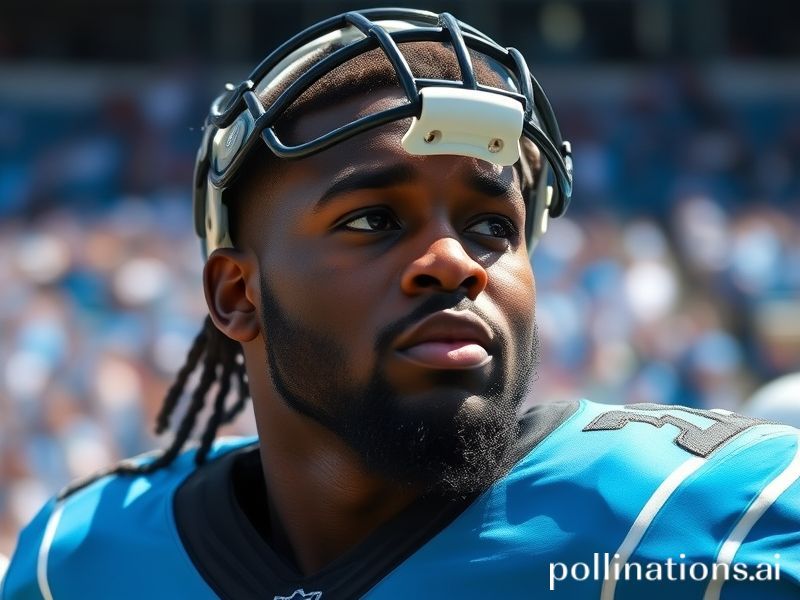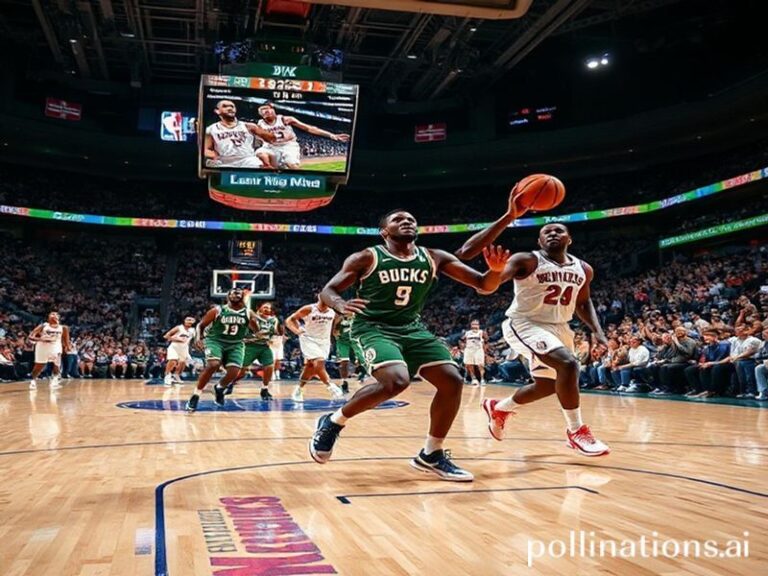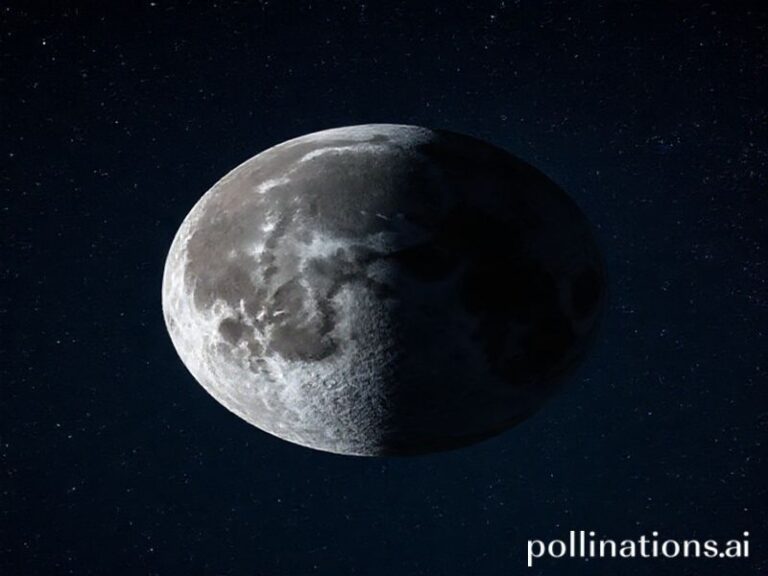Shaq Thompson’s Achilles Heel: How One Torn Tendon Became the World’s Most-Watched Ligament
Shaq Thompson: The Linebacker Who Proves Americans Will Export Absolutely Anything
By our international desk – the one facing a flickering neon sign that reads “Hope Dies Here”
Charlotte, North Carolina – While the rest of the planet busies itself with minor trifles—Ukrainian gridlock, Sudan’s food-free diet plan, or the yen’s limbo contest against the dollar—the United States has kindly reminded us that its most unstoppable export isn’t democracy, fentanyl, or even Beyoncé. It’s narrative. And on Sunday, as Shaq Thompson’s Achilles tendon performed an interpretive dance of late-capitalist fragility, the NFL’s international broadcast beamed yet another morality play to 190 countries that really should know better.
For the uninitiated, Thompson is a 30-year-old linebacker for the Carolina Panthers, a franchise named after an animal that hasn’t been spotted in the state since the invention of the parking lot. He tore his Achilles in Week 1, ending a season that hadn’t technically started outside American calendars. The injury was immediately upgraded to “tragedy” by U.S. media, a term normally reserved for school shootings or when Starbucks runs out of oat milk.
Global audiences, however, greeted the news with the indifferent shrug traditionally reserved for British royals and Bitcoin prices. In Lagos, traders toggled between the game and a live feed of naira hitting record lows; in Bangkok, street vendors used the timeout to flip scorpions; in Reykjavik, viewers mistook the broadcast for a new Nordic noir—so much despair, so little daylight. Still, the NFL’s $110 billion media machine soldiers on, proving that if you weaponize enough slow-motion replays, even ligament spaghetti can feel like Shakespeare.
The league now stages three regular-season games in London, one in Munich, and—because geopolitical irony is a bottomless mimosa—will debut in São Paulo next year, where local fans can watch millionaires concuss each other in a stadium built on what used to be affordable housing. Thompson’s injury will be packaged into a 15-second “global inspirational montage,” sandwiched between Applebee’s ads and a reminder that climate change is sponsored by Emirates.
Why should anyone beyond the 50 states care? Because Thompson’s torn tendon is a synecdoche for the larger American pastime: monetizing calamity. Consider the economics: his rehab alone will cost more than the GDP of Tuvalu, while the Panthers’ insurance payout could fund UNICEF’s Somalia operations for six months. Somewhere in Davos, a consultant is already PowerPointing “Achilles-as-a-Service” to private-equity ghouls who smell profit in human cartilage.
Meanwhile, the sport’s concussion crisis—think traumatic brain injury with a side of nachos—has spawned a cottage industry of European startups promising “AI-enabled helmets.” Their pitch: strap on our $3,000 headgear and you too can pretend safety is a software update. Investors from Singapore to Silicon Valley are throwing cash at the proposition, because nothing says “progress” like solving a problem you continue to manufacture.
Back in Charlotte, Thompson faces eight months of rehab, a timeline suspiciously identical to the average Venezuelan’s wait for a passport. The difference: he’ll do it in a facility that smells like eucalyptus and denial, while the rest of the world queues for insulin. His teammates vow to “win one for Shaq,” a promise about as credible as Russia’s ceasefire invitations.
The broader significance? Simple. As long as there are eyeballs—retina-scanned, sleep-deprived, doom-scrolling—America will package its gladiators and ship them like refrigerated beef. Thompson’s tendon is just the latest container, a tiny tear in a vast web of spectacle that keeps the planet too distracted to notice the other tears: in treaties, in glaciers, in the social fabric of nations currently hosting NFL pop-up shops.
So toast Shaq Thompson tonight, whether you’re in Nairobi drinking knock-off Budweiser or in Warsaw heating your apartment with cryptocurrency miners. His misfortune is your free content, a reminder that in the global economy pain is never wasted—it’s televised, monetized, and exported in 4K. And should you feel a twinge of guilt for watching, don’t worry. There’s already an app for that, subscription-only, available in 38 languages. Terms and tendons may apply.







